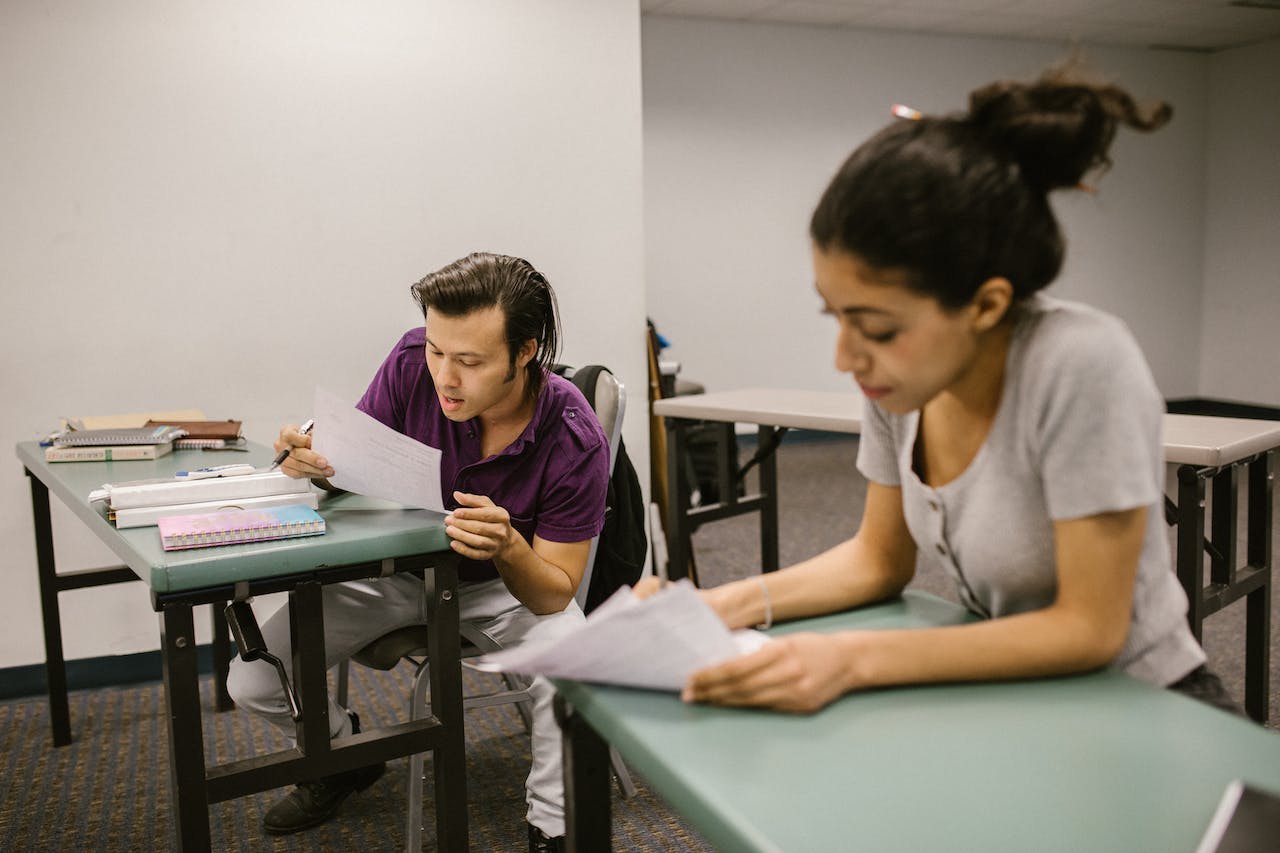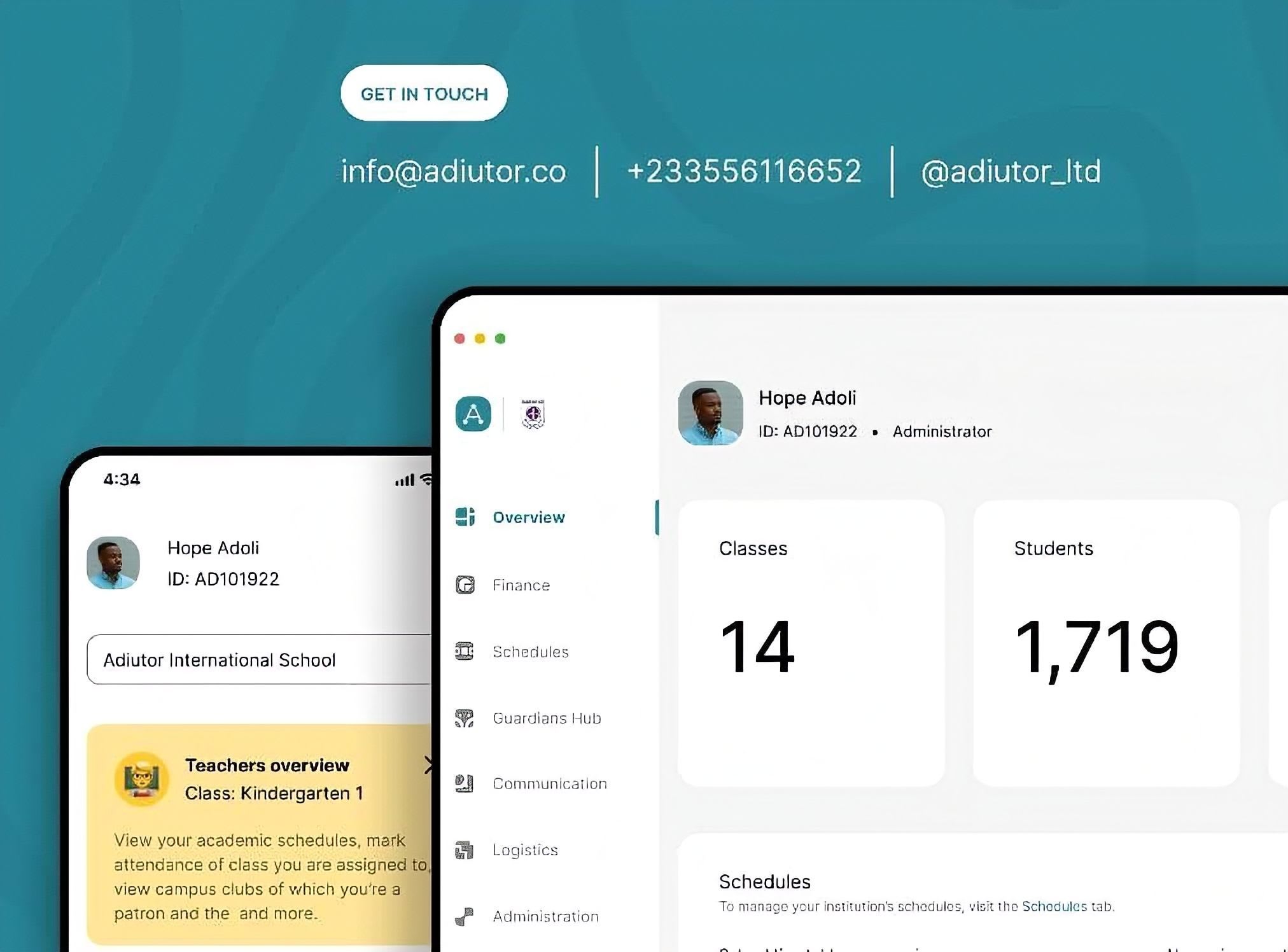The impact of peer assessment on student learning
Peer assessment is a transformative educational practice that places students at the center of the evaluation process.

Peer assessment is a well-known educational practice that places students at the center of the evaluation process. Studies underscore the importance of recognizing peer assessment as more than just a method of grading. It involves students actively engaging in the evaluation of their peers' work, fostering a sense of shared responsibility for learning and reflection. This article delves into the impact of peer assessment on student learning, drawing insights from research papers and studies.
💡 Lessons learnt: By recognizing others' faults, we are able to correct our own.
Fostering Critical Thinking and Reflection
Peer assessment serves as a catalyst for the development of critical thinking skills and encourages students to engage in reflective practices. Falchikov and Goldfinch's (2000) comprehensive study delves into the cognitive benefits of this approach, showcasing how the act of evaluating their peers' work prompts learners to think deeply about the subject matter.
Educators engaging students in the process of peer assessment, helps students who evaluate the content also develop the ability to critically analyze and articulate constructive feedback. This dual process enhances their understanding of the material and refines their capacity for self-reflection. The study suggests that the ripple effects of peer assessment extend beyond the assessment task itself, contributing significantly to the overall intellectual growth of students.
Harrison, O’Hara, & McNamara (2015) noted that teacher assessment may hinder the development of students as independent individuals. Self- and peer-assessment were implemented with 523 students and their teachers. Through self and peer assessment, students honed critical and creative thinking skills, effective communication, and collaborative teamwork abilities, making them more personally productive and efficient. Their self-awareness and self-reflection increased significantly, crucial components for fostering self-control and self-direction.
Boon (2016) investigated how children in primary school responded to feedback during peer assessment in writing. Results revealed that students made better use of the feedback when it was task-oriented and beneficial, when sufficient time was allocated for them to act on and discuss it with peers, and when they were prompted to reflect on how it contributed to enhancing the quality of the assessed work.
Yu and Wu (2016) aimed to explore the individual and combined predictive effects of the quality of online peer feedback given and received on the quality of question-generation in primary school students. Analysis of performance data from 213 fifth-grade students engaged in online question-generation and peer assessment for six weeks indicated that the quality of peer feedback provided and received played a predictive role in students' question-generation proficiency.
Enhancing Motivation and Accountability
Peer assessment serves as a powerful motivator, fostering a sense of ownership and accountability among students for their learning. According to Brown (2004), engaging in both self and peer assessment empowers students to shape their educational path, fostering autonomy and heightened motivation.
Studies suggest that the act of assessing their peers compels students to take a more active role in their learning journey. This increased responsibility not only enhances motivation but also instills a deeper commitment to producing high-quality work. Integrating peer assessment into the educational framework can help educators tap into this intrinsic motivation, creating a learning environment where students are active contributors to their academic success and that of their peers.
Addressing Challenges and Ensuring Effectiveness
One significant obstacle is the potential for biased evaluations. Students might be influenced by personal relationships or subjective opinions, leading to inaccurate assessments. Addressing this challenge requires educators to implement clear evaluation criteria, provide training on objective assessment, and create a culture of fairness within the peer assessment process.
Another challenge lies in managing diverse levels of expertise among students. In a peer assessment scenario, students may have varying degrees of understanding or mastery of the subject matter. This discrepancy can lead to imbalanced evaluations, with more knowledgeable students potentially dominating the assessment process. To mitigate this challenge, educators must structure peer assessment activities carefully, ensuring that the evaluation criteria are accessible and comprehensible to all participants.

Adiutor
Adiutor means "helper" - we do just that, by taking a load of your school administration and helping you focus on what matters most: the kids.
References
Topping, K. J. (2009). Peer assessment. Theory into Practice, 48(1), 20-27. doi:10.1080/00405840802577569
Falchikov, N., & Goldfinch, J. (2000). Student peer assessment in higher education: A meta-analysis comparing peer and teacher marks. Review of Educational Research, 70(3), 287-322. doi:10.3102/00346543070003287
Brown, Douglas (2004). Language assessment: Principles and classroom practice. New York: Longman.
Topping, K.J.(2017) Peer Assessment : Learning by Judging and Discussing the Work of Other Learners. https://doi.org/10.31532/InterdiscipEducPsychol.1.1.007
Boon, S.I. (2016). Increasing the uptake of peer feedback in primary school writing: Findings from an action research enquiry. Education 3-13, 44(2), 212–225. http://dx.doi.org/10.1080/03004279.2014.901984.
Harrison, K., O’Hara, J., & McNamara, G. (2015). Re-thinking assessment: Self- and peer-assessment as drivers of self-direction in learning. Eurasian Journal of Educational Research, 60, 75–88.
Yu, F.Y., & Wu, C.P. (2016). Predictive effects of the quality of online peer-feedback provided and received on primary school students' quality of question-generation. Educational Technology & Society, 19(3), 234–246.
Peng J. (2010). Peer Assessment in an EFL Context: Attitudes and Correlations
Nicol, D. J., & Macfarlane-Dick, D. (2006). Formative assessment and self-regulated learning: A model and seven principles of good feedback practice. Studies in Higher Education, 31(2), 199-218. doi:10.1080/03075070600572090
